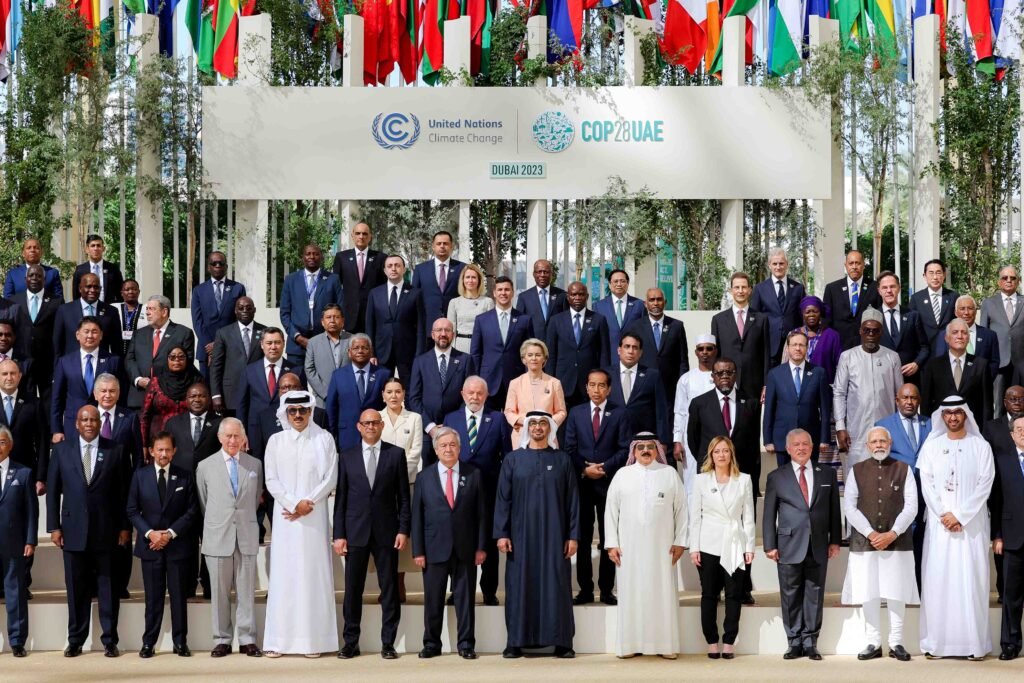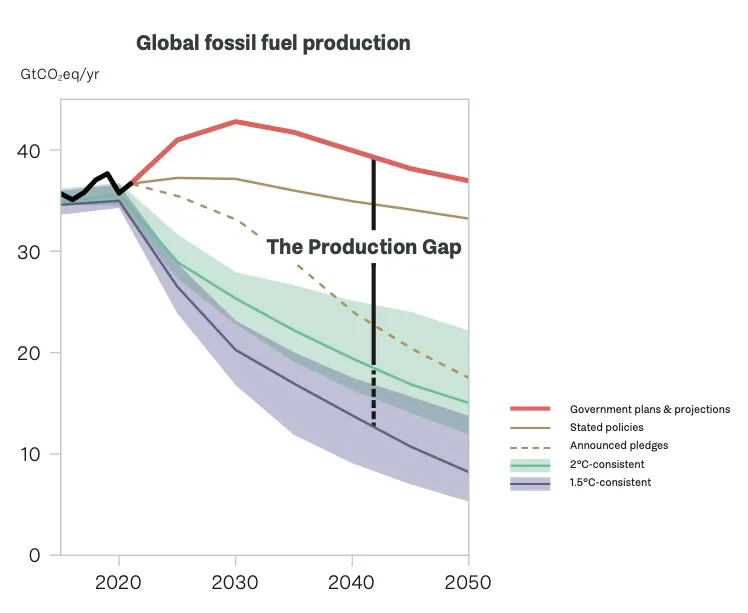The COP28 climate conference in Dubai ended on a positive note with a statement that called for “transitioning away from fossil fuels in energy systems, in a just, orderly and equitable manner.”

The decisions made at COP28 last month have initiated the worldwide shift away from black fuels. As the use of renewable and clean energy rapidly increases, efforts to decrease our reliance on fossil fuels through improved energy efficiency in buildings and industry are being pursued.

The issue is that although every country promises to eliminate fossil fuels, nobody is actually preparing for this transition. In other words, everyone is paying lip service to the idea expressed by the delegates in Dubai, while rushing full speed ahead to extract every molecule of coal, oil, or methane that still lies hidden beneath the Earth.
The truth beneath the U.N. agreement is that no fossil fuel company or country has a concrete plan to eliminate fossil fuels. In fact, most of them intend to continue extracting coal, oil, and gas well into the future, going beyond what is necessary to reduce emissions and meet climate targets.

This above fact is quit evident in the Production Gap Report, which analyzed the plans countries have for fossil fuel expansion. That report shows that all the world’s nations plan to produce twice as much fossil fuel as would be consistent with holding global average temperatures to no more than 1.5°C above pre-industrial levels.
The result is nations rushing to gain the upper hand and market share before the world turns more solidly toward renewable energy. So, did anything actually change? One month later, there is little evidence COP28 had any measurable impact on the world of fossil fuels.
Reference- COP28 website, The Washington Post, BBC, CNN, National Geographic, Clean Technica






